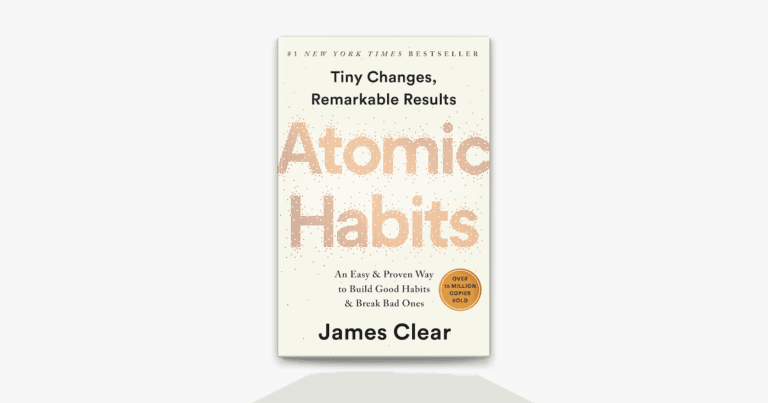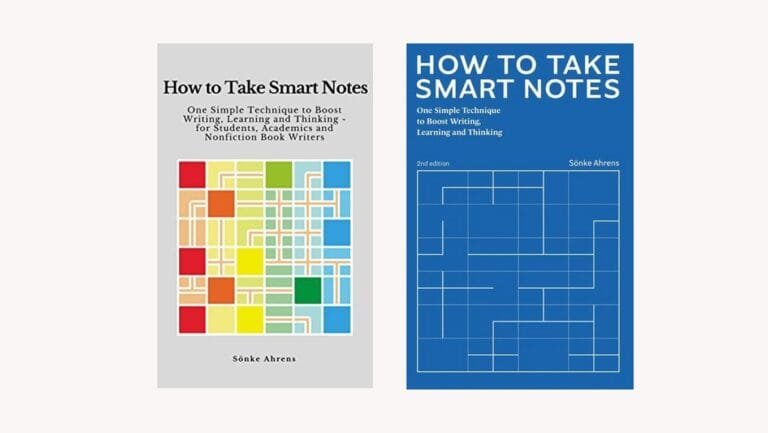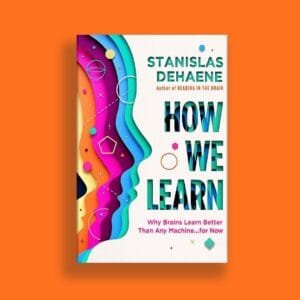I find immense joy in amassing self-help books, their pages often hold more fascination for me than those of fictional tales. There are countless self-help books out there. There are only a handful of them that actually pushed me to change myself. It does not mean that the rest of the books do not work. As different as our personalities are, our tastes or perceptions of change and success are different. But if you are a practical and a bit impatient person like me, you will like the books I am going to talk about today. These books are easy to read, and the implementation of those practices does not need a huge mental push and pull.
As I mentioned, along my reading journey, I’ve encountered gems that have done more than just entertain; they’ve altered my outlook and sparked lasting changes in how I live. These books are nothing short of blessings, and I’m excited to share a handful that has left an indelible mark on my journey.
Summary
ToggleAtomic Habits
“Atomic Habits” is at the top of my list. I have always wondered why it is so difficult for me to exercise, whereas, for my partner, it is easy. Reading this book has been an eye-opener for me, particularly the concept of habit stacking and designing the environment. The author taught us not to rely on our self-control but to redesign our surroundings in a way that creates less friction on the path of our habit. Struggling with eating disorders, I discovered the profound impact of environmental cues on our habits. Redesigning my kitchen and keeping healthier snacks within easy reach have created a supportive environment, making the journey towards healthier eating more manageable. ‘Atomic Habits’ has become more than a book; it’s a companion on my journey of personal transformation.
How We Learn: Why Brains Learn Better Than Any Machine . . . for Now
In Stanislas Dehaene’s “How We Learn: Why Brains Learn Better Than Any Machine . . . for Now,” he takes us on a journey into the heart of learning. As a cognitive psychologist and professor, Dehaene unravels the mysteries of our brains, revealing their astounding adaptability and plasticity. From childhood to adulthood, he paints a vivid picture of evolving learning mechanisms, touching on the importance of memory, optimal learning conditions, and the impact of technology on education. With a keen eye on the challenges we face, Dehaene humanizes the learning experience, making neuroscience accessible and offering profound insights into our capacity for growth and knowledge acquisition.
The book strikes a balance that’s just right for your everyday science enthusiast. It’s got a touch of accessibility, making it approachable, but let me warn you, it might come off a bit dry. Picture it somewhere between the casual vibe of popular science reads and the more serious tone you’d find in college textbooks or those meant for scientists and doctors.
How to Take Smart Notes: One Simple Technique to Boost Writing, Learning, and Thinking
When I first picked up this book, I wasn’t approaching it as a guide to productivity. As an engineer who has attempted (with some failures) to embrace methods like GTD and calendaring, this feels like a game-changer. It’s the first book that provides practical advice, offering real strategies that seem tailor-made to help me not only accomplish more but also enhance my learning journey. It’s like stumbling upon a treasure trove of actionable insights that resonate with the challenges I’ve faced in my academic and professional pursuits. There are three actions I have taken after reading this
- I’ve decided to consistently capture fleeting thoughts using Apple Reminders, creating a habit of revisiting them later.
- When engaging with a book, I’ve incorporated the practice of reading with pen and paper, jotting down personalized notes that resonate with me. In the Kindle app, I leverage its notes feature, jotting down insights with my Apple Pencil.
- Additionally, I’ve adopted the habit of cross-referencing my permanent notes, ensuring that each one links to related thoughts from previous entries. These practices have added depth to my knowledge management system. I am still trying to find the most suitable way for my use, till now, I have used Notion and Protolyst to organize my literature notes.
Again, self-help and self-improvement look different for all of us. So, there is an abundance of books to help you out with any struggle you have or to improve any current area of life. Just bring back this wonderful habit of reading.
I hope you will enjoy reading these books and find them transformative. May your reading journey be filled with positive change.
Photo by Seema Miah on Unsplash



Images: How to take notes, How we learn
